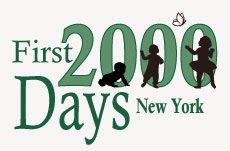Yesterday I took my son to a museum and I observed the interactions between different cultural groups. It was rather interesting. A Black woman with her 6 year old daughter, a White woman with her 5 year old son. I paint this picture to demonstrate a point.
There were a few children in the area we were in. As I interacted with my son there were 2 other parents with their children playing in the water. The Black mother was focused on her cell phone. The White mother was in her own world. I was interacting with my son asking him which item he wanted to play with.
Outings are an opportunity for your child and you to socialize but also a time for you to interact with your child within another environment; do not consistently interrupt they play time as you want to see what she does.
The little boy had a truck my son wanted to play with and my son was trying to take the truck, I explained to him that the little boy was taking a turn and I guided Ajani to another toy. The boy's mother offered Ajani another toy as well but I was able to distract him for a moment.
The Asian family was interacting with their children (ages: 2, 3, 12 months old); Ajani sat next to one of the children and the father told the son to say "hi" Ajani and I told Ajani say "hi" and they both did.
This is an example of socialization, too many times as our children get older they only interact with their immediate family or their own cultural group. As the children move on to higher grades even college socialization is a major challenge, I know because I've recently spoken to several young people in college and they said one of the biggest challenges was socialization, not knowing how to interact with other cultural groups because growing up they remained around their own cultural group.
Please keep this in mind they next time you take your child out to a family/child friendly outing with other parents and children your child's age.




